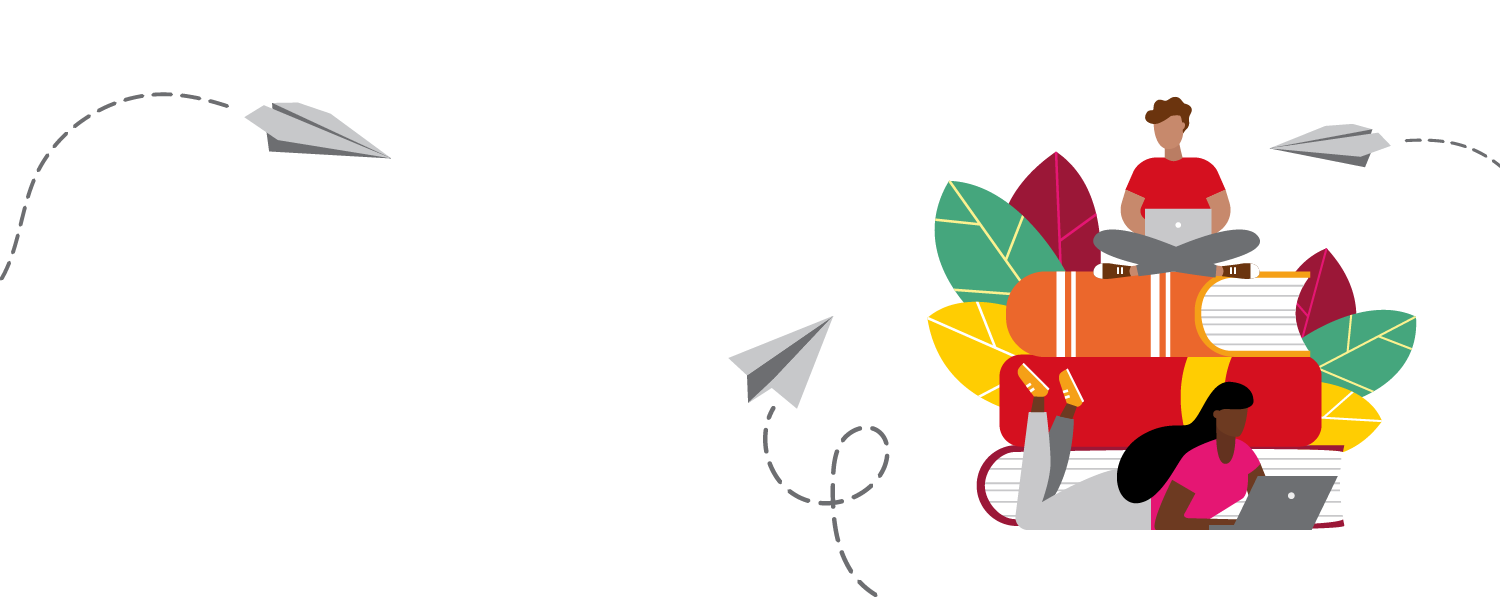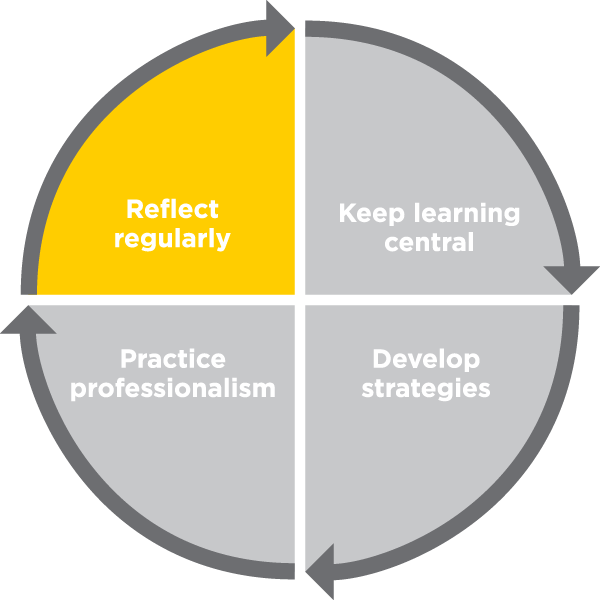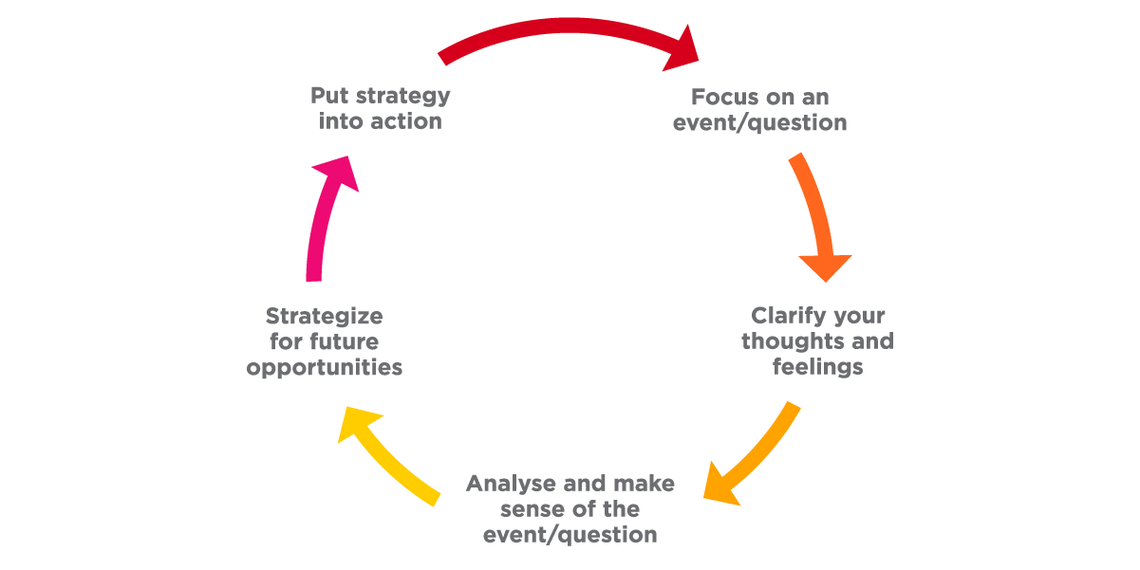
Lesson 2: Reflect regularly
We do not learn from experience… we learn from reflecting on experience.
John Dewey
Reflective practice in teaching and learning
While the above quote is perhaps an oversimplification of the ideas of John Dewey who wrote about education in the early 1900s, research over the past century has continued to affirm the value of reflection in learning and teaching.
“Unless teachers develop the practice of critical reflection, they stay trapped in unexamined judgments, interpretations, assumptions, and expectations. Approaching teaching as a reflective practitioner involves fusing personal beliefs and values into a professional identity” (Larrivee, 2000, p.293).
In its simplest form, reflecting means taking the time to stop and think about how your students learn and how your teaching can help them learn more effectively. Reflection also takes on an element of criticality as you take time to look closely at your own assumptions about students, teaching, your discipline, etc. Often these moments of critical reflection occur when something unexpected happens, or a student complains, or you’re feeling stuck about how to proceed. It is easy to think of these things as teaching problems, but reflection helps you begin to see them as opportunities to learn more about yourself as a teacher and how to strengthen your teaching strategies (Bass, 1998).
Strategies for reflecting
Reflection is a cyclical process which means you can start at any point in your teaching assistant role. Notice that reflection is action oriented. It is important to move from introspection into brainstorming and implementing strategies. For example, if you are reflecting before the term begins and you identify a couple of aspects of your role that are causing you concern, begin to make sense of those concerns and start strategizing how you can address those concerns.
Perhaps it is mid term and something in the class is not going as well as you would like. Reflection will help you articulate what you think is happening, perhaps gather some feedback from students, brainstorm new strategies you can implement, trial those strategies, then reflect again on how they are working to support student learning. After the term ends, you may want to reflect individually and also have intentional conversations with other teaching assistants and/or the instructor of record to think about the course as a whole and about your professional growth over the term.
Sample reflective questions to ask yourself
- What does effective teaching mean to me?
- Why did I want to take on the role of teaching assistant?
- Who are my students? What are their aims in taking this course?
- What am I most looking forward to in this role?
- What am I most concerned about in this role?
- What is working well to enhance student learning? How do I know?
- What could be working better to enhance student learning? How do I know?
- How are students interacting with me? With each other? With the course materials?
- In the case of a specific event: what happened? Why was that important? What can I do now?
- What were the most effective activities and strategies to enhance student learning? What made them effective?
- What activities or strategies did not work as well I had hoped? What made them less effective? How could I do things differently in the future?
- How was the quality of learning relationships in my class? What would I continue to do to enhance those relationships? What would I do differently?
Activity: What? So what? Now what?
Download the reflection guide below to assist with thinking through one or more of the questions above.
Additional resources
Reflective practice develops your ability to understand how your students learn and the best ways to teach them. Check out this excellent resource from Cambridge International Education Teaching and Learning Team.
Lesson checklist
- Develop a definition of reflective practice
- Review strategies for reflection
- Choose some reflective questions to complete a What? So what? Now what? Reflection exercise

References
Bass, R. (1999). The scholarship of teaching: What’s the problem? Inventio, 1(1), 1–10.
Larrivee, B. (2000) Transforming teaching practice: becoming the critically reflective teacher, Reflective Practice, 1(3), 293-307.




